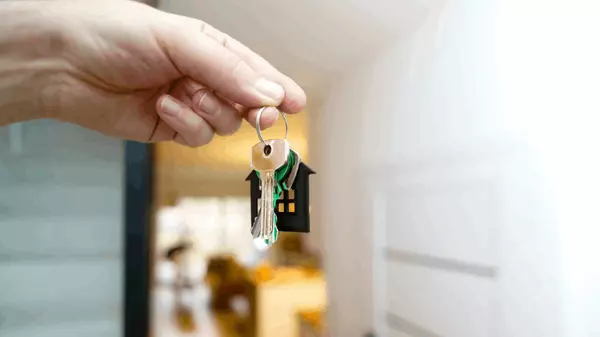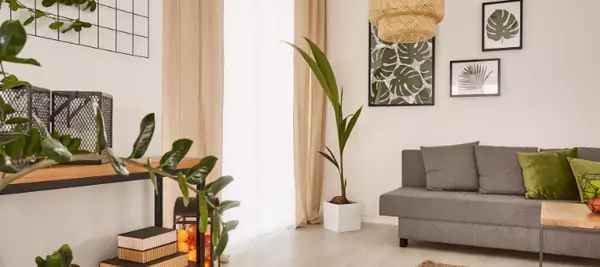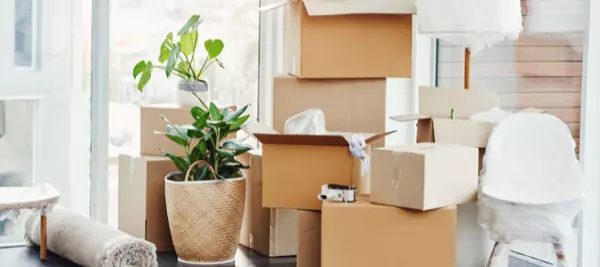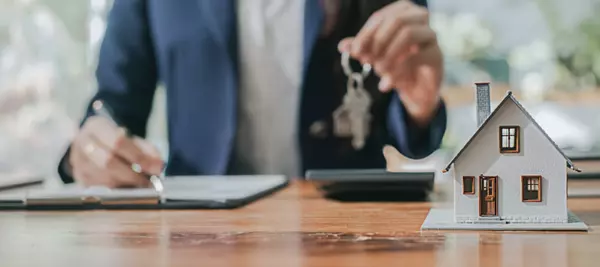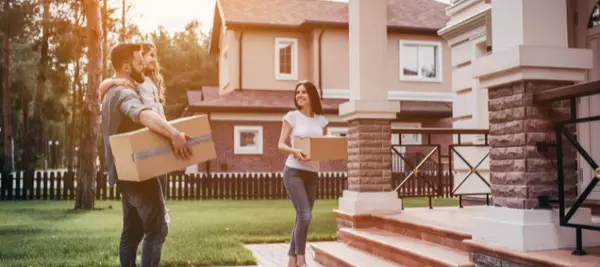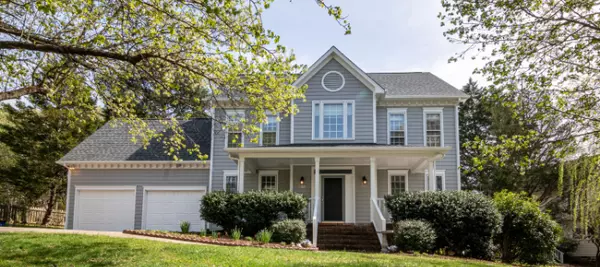How To Save, Earn, and Spend More With Your Property

How To Save, Earn, and Spend More With Your Property Owning real estate is incredibly advantageous but most people don't optimize their properties. To reach your financial goals quicker, check out some of these tips to find out what you can do once you've got the keys to your new house or condo. How
Read MoreThe Potential Pitfalls of Buying a Condo

The Potential Pitfalls of Buying a Condo. Condos are a great middle-ground between apartment living and a single-family home. A condo unit in the heart of a city can be a smart move to build equity while still getting to enjoy city life but that doesn't mean that it's free of risk. When considering
Read MoreIs Moving Into a Condo When You Have a House Crazy?
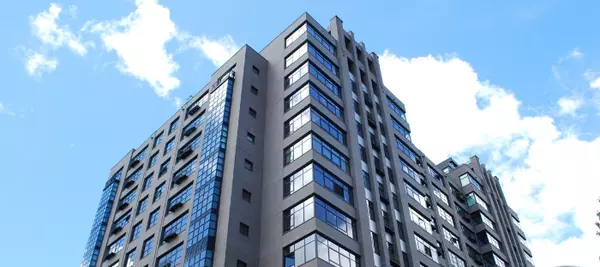
Is Moving Into a Condo When You Have a House Crazy? What is a condo? People often think they know what something means but then go on without actually understanding what it actually means, so to prevent that, let's go over what a condominium is. A condo is a type of living situation where the reside
Read MoreHow To Avoid Buying a Bad Investment Property

How To Avoid Buying a Bad Investment Property. Be realistic about your budget. Real estate investments are very attractive but being a real estate investor requires a lot of upfront money. You'll need quite a lot of financial flexibility and a sound investment strategy figured out before you start i
Read MoreIs Buying a Waterfront Property Worth It?
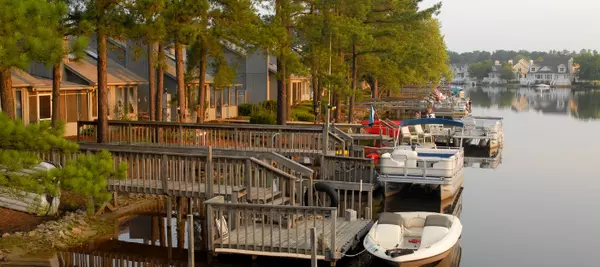
Is Buying a Waterfront Property Worth It? Waterfront property is a house or land that has direct access to a body of water, such as a river, lake, or ocean. These properties can be extremely desirable due to their location and views. However, they can also be more expensive than other properties. Th
Read MoreHome Renovation and Market Value
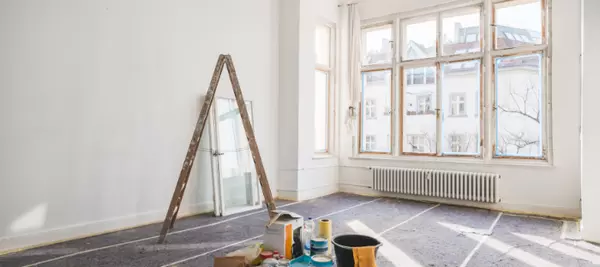
Home Renovation and Market Value. The link between home renovations and the real estate value of a home is a rather simple one but one that people don't tend to explore. The end result deals with the resale value of the home to potential buyers but before we get to that point, we need to return to t
Read More-

Can You Afford a Second Home? Some homeowners are lucky enough to wonder "Can I afford a second home?" Whether you are just curious or are in the early stages of considering buying a vacation home, let's go over how someone can afford a second home. What will you use the second home for? There are t
Read More When Do You Know That It's Time To Buy a Home and Stop Renting?

When Do You Know That It's Time To Buy a Home and Stop Renting? Evaluate your current situation. Before you make a major decision like a home purchase, there's a lot of thinking that needs to be done. First, you need to look at your own current situation. How much are you paying monthly for rent? Yo
Read MoreShould I Add a Home Studio To My House?

Should I Add a Home Studio To My House? Is a home studio right for me and my family's lifestyle? Whether you're planning on making music or recording voiceovers, a studio makes a huge difference in the quality of your sound. Before you start shopping though, think of how your day-to-day will be affe
Read MoreDifferent Homes For Different Stages of Life.
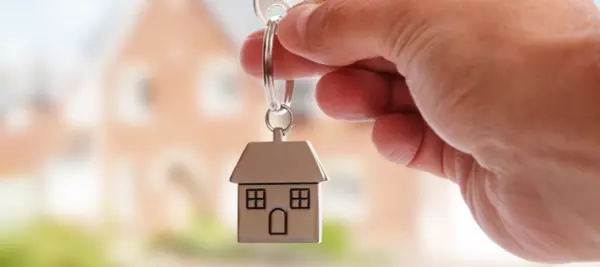
Different Homes For Different Stages of Life. The Apartment Let's face it, most of us have been there. That first tiny apartment you share with your college roommates. The one-bedroom you're "settling" for because it's all you can afford and is close to the subway line that takes you to work. The de
Read MoreReal Estate Deal Breakers & Red Flags

Real Estate Deal Breakers & Red Flags Lack of a yard or outside space. When you're dealing with an apartment in the heart of Vancouver, this might not be a huge deal, but if you're somewhere less crowded, some form of outside space is essential. Whether you use it to get some fresh air or sunlight,
Read MoreAdding a Pool? Find Out What That Means For Your Home's Value

Adding a pool? Find out what it means for your home's value. What does adding a pool entail for your home? An inground pool adds a level of luxury typically associated with larger homes. They’re a great way to keep the family entertained, but one thing they come with is added maintenance and upkeep
Read MoreIs Buying a Fixer-Upper Worth It?
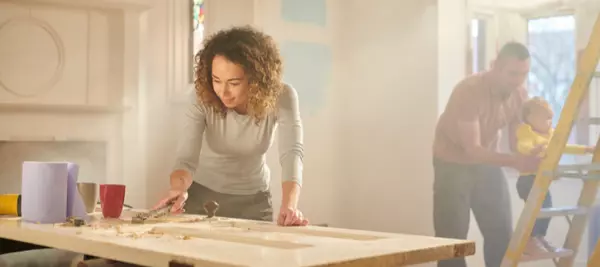
Is Buying a Fixer-Upper Worth It? Buying a fixer-upper can be a great investment because you'll have the potential to make more money off of it. Most fixer-upper homes are lower-priced houses because of the financial difficulty faced by the previous owner. These repairs and renovations can be costly
Read MoreWhat Can You Do With Your Spare Room?
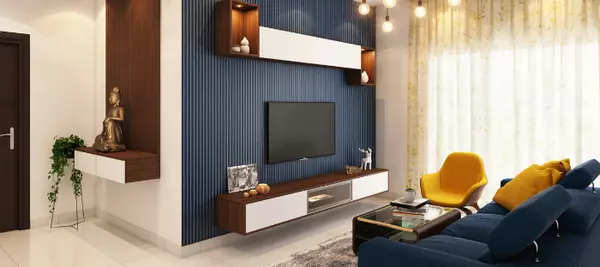
What Can You Do With Your Spare Room? So you find yourself with an empty room in your house. Instead of letting that space go to waste, how about turning it into something that could fit your family's needs? There's a variety of uses for an extra room. The first thing you need to consider is where t
Read MoreSigns That You Shouldn't Sell Your Home Right Now
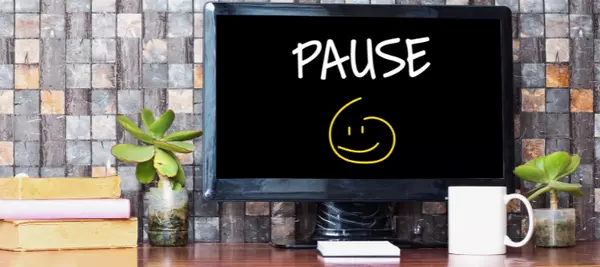
Signs That You Shouldn't Sell Your Home Right Now The housing market is on the rise, but that doesn’t mean you should automatically sell your home if there are any signs of a decline. Here are five tell-tale signs you shouldn’t sell your home right now. 1. The Market Is About To Decline The primary
Read More25 Questions to Ask Your Real Estate Agent

25 Questions to Ask Your Real Estate Agent The last thing anyone wants is to buy a property that turns out to be structurally unsound or one that doesn't fit long-term expectations. With closing costs, the stress of the process for potential buyers and homeowners, the time that a home inspection tak
Read MoreA Quick Look At The Mechanics Of The Real Estate Market
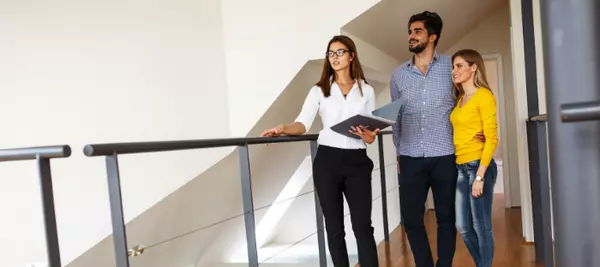
A Quick Look At The Mechanics Of The Real Estate Market What is the housing market? The housing market is a market where people can buy, sell, or rent houses and other types of dwellings. It is made up of buyers, sellers, landlords, and tenants. The housing market is also known as the real estate ma
Read MoreInvesting In Properties, The Smart Way
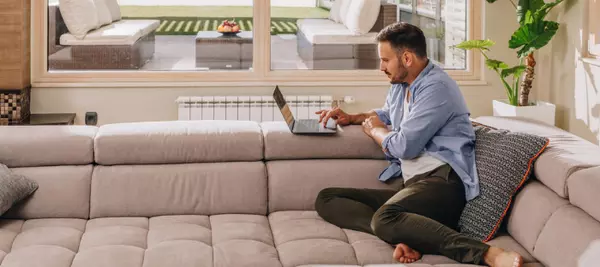
Investing in Properties: The Smart Way Most people are familiar with the concept of renting properties- it's an easy way for the landlord to start earning an income on their own, while not having to manage any employees or operations. However, did you know that other kinds of real estate investments
Read MoreWant To Rent Out A Property? Read This First
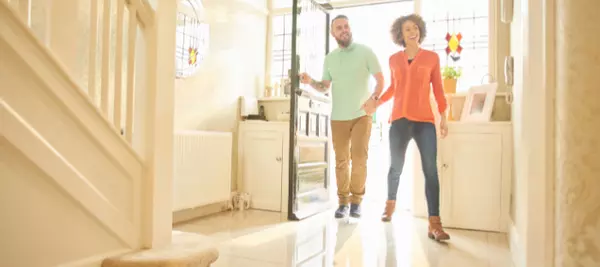
Want to rent out a property? Read this first. Determine what type of property you want to rent out The next step is to determine what type of property you want to rent out. This will be based on your budget, needs and goals. For example, if you're looking for a short-term rental property that can ge
Read More
Categories
Recent Posts
